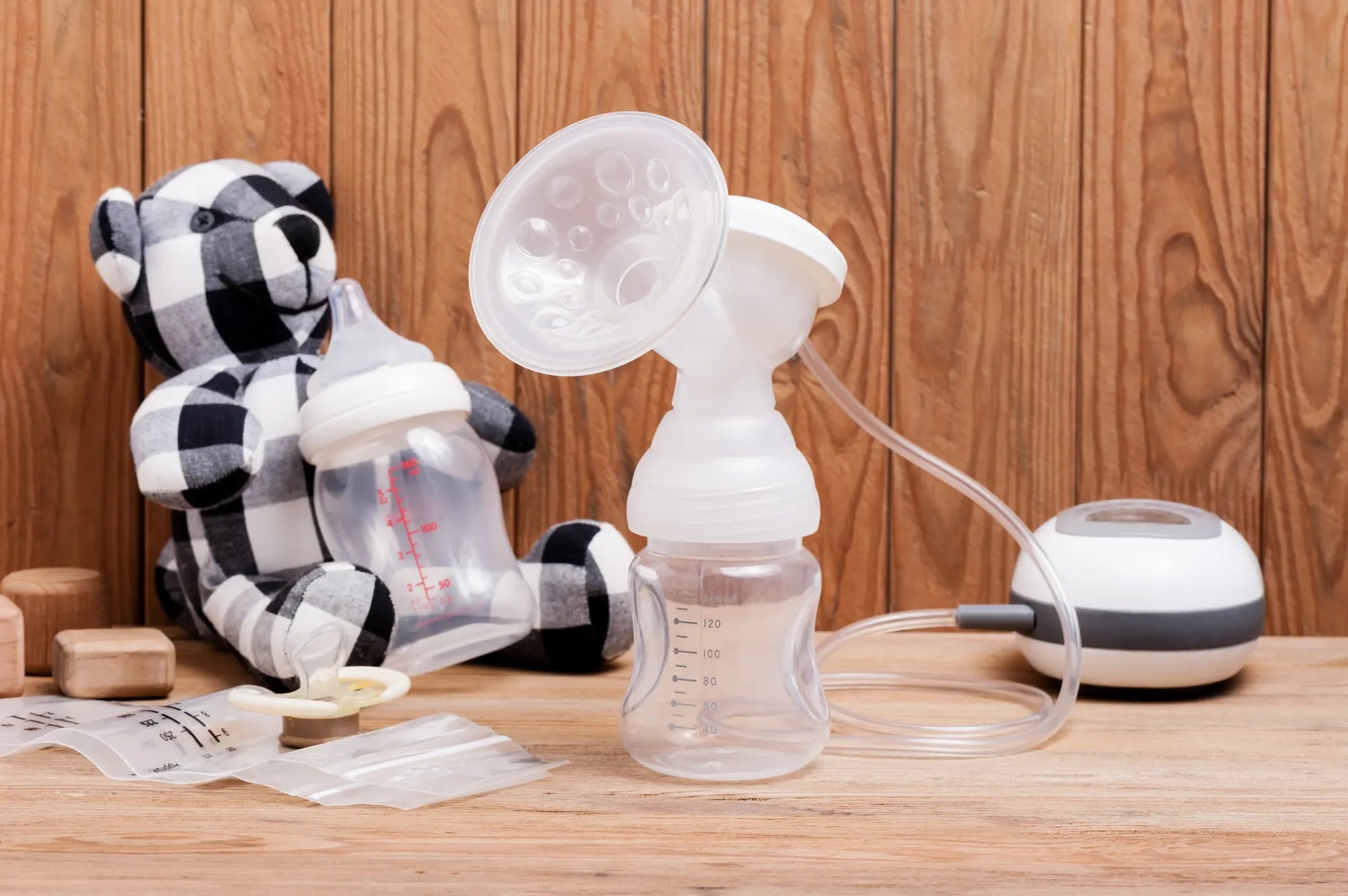Inicio
Pregnancy, Breastfeeding, and Pumping: The Ultimate Guide for Moms
Can You Test a Breast Pump While Pregnant? Everything You Need to Know

Can You Test a Breast Pump While Pregnant? Everything You Need to Know
Breastfeeding is a journey that begins long before your baby arrives. Many expectant mothers wonder, can you test a breast pump while pregnant? The answer might surprise you. Testing a breast pump during pregnancy can be a valuable step in preparing for your breastfeeding journey, but it requires careful consideration and understanding of the process. This article dives deep into the topic, exploring the benefits, potential risks, and practical tips to help you make an informed decision.
Why Consider Testing a Breast Pump During Pregnancy?
Testing a breast pump while pregnant can offer several advantages. First, it allows you to familiarize yourself with the equipment and its functionality. Breast pumps can be complex, and practicing before your baby arrives can help you feel more confident and comfortable when the time comes. Additionally, testing a pump can help you determine if it suits your needs, ensuring you have the right tools for a successful breastfeeding experience.
Is It Safe to Test a Breast Pump While Pregnant?
Safety is a primary concern for expectant mothers. Generally, testing a breast pump during pregnancy is considered safe, but it’s essential to approach it with caution. Using a breast pump can stimulate the nipples, which may trigger uterine contractions in some women. If you have a high-risk pregnancy or a history of preterm labor, consult your healthcare provider before attempting to use a breast pump. For most women, occasional and gentle use of a breast pump during pregnancy poses minimal risk.
Benefits of Testing a Breast Pump While Pregnant
There are several benefits to testing a breast pump during pregnancy. Here are some key advantages:
- Familiarity with the Equipment: Practicing with a breast pump helps you understand how it works, making it easier to use when your baby arrives.
- Identifying Comfort Levels: Testing a pump allows you to assess its comfort and adjust settings to suit your preferences.
- Building Confidence: Familiarity with the process can reduce anxiety and increase confidence in your ability to breastfeed.
- Preparing for Challenges: If you anticipate breastfeeding challenges, testing a pump can help you prepare and seek support if needed.
Potential Risks of Testing a Breast Pump While Pregnant
While testing a breast pump during pregnancy is generally safe, there are some potential risks to be aware of:
- Uterine Contractions: Nipple stimulation from a breast pump can trigger contractions, which may be a concern for women with high-risk pregnancies.
- Discomfort or Pain: Improper use of a breast pump can cause discomfort or pain, especially if the settings are too high.
- Premature Lactation: Some women may experience colostrum leakage, which is normal but can be unexpected.
How to Test a Breast Pump Safely During Pregnancy
If you decide to test a breast pump while pregnant, follow these tips to ensure safety and comfort:
- Consult Your Healthcare Provider: Always seek advice from your doctor or midwife before using a breast pump during pregnancy.
- Start Slowly: Begin with the lowest setting and gradually increase if comfortable.
- Limit Duration: Keep sessions short to avoid overstimulation.
- Pay Attention to Your Body: Stop immediately if you experience discomfort, pain, or contractions.
- Use Proper Technique: Ensure the breast shield fits correctly and follow the manufacturer’s instructions.
What to Expect When Testing a Breast Pump While Pregnant
Testing a breast pump during pregnancy can yield different results for each woman. Some may notice colostrum leakage, while others may not produce any milk. Both scenarios are normal. The primary goal is to familiarize yourself with the pump and its operation, not to collect milk. Remember, milk production typically begins after childbirth, so don’t be discouraged if you don’t see results during pregnancy.
Alternatives to Testing a Breast Pump While Pregnant
If you’re unsure about testing a breast pump during pregnancy, there are alternative ways to prepare for breastfeeding:
- Attend Breastfeeding Classes: Many hospitals and organizations offer classes to educate expectant mothers about breastfeeding.
- Read Educational Materials: Books, articles, and online resources can provide valuable information about breastfeeding techniques and challenges.
- Consult a Lactation Consultant: A professional can offer personalized advice and support to help you prepare for breastfeeding.
Frequently Asked Questions
Can testing a breast pump while pregnant induce labor? In most cases, occasional use of a breast pump during pregnancy is unlikely to induce labor. However, women with high-risk pregnancies should avoid nipple stimulation.
Will I produce milk if I test a breast pump while pregnant? Some women may notice colostrum leakage, but milk production typically begins after childbirth.
How often should I test a breast pump while pregnant? Limit sessions to a few minutes once or twice a week to avoid overstimulation.
Preparing for breastfeeding is an essential part of pregnancy, and testing a breast pump can be a helpful step in your journey. By understanding the benefits, risks, and proper techniques, you can make an informed decision that supports your breastfeeding goals. Whether you choose to test a breast pump or explore alternative preparation methods, the key is to feel confident and empowered as you embark on this new chapter of motherhood.
Compartir

